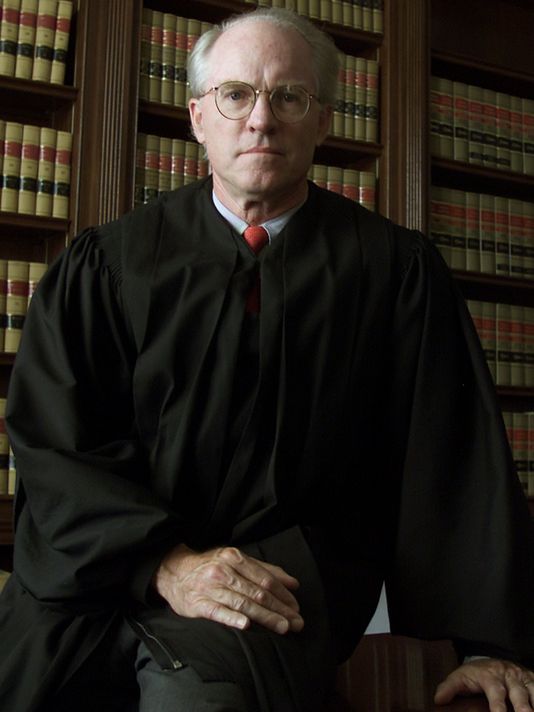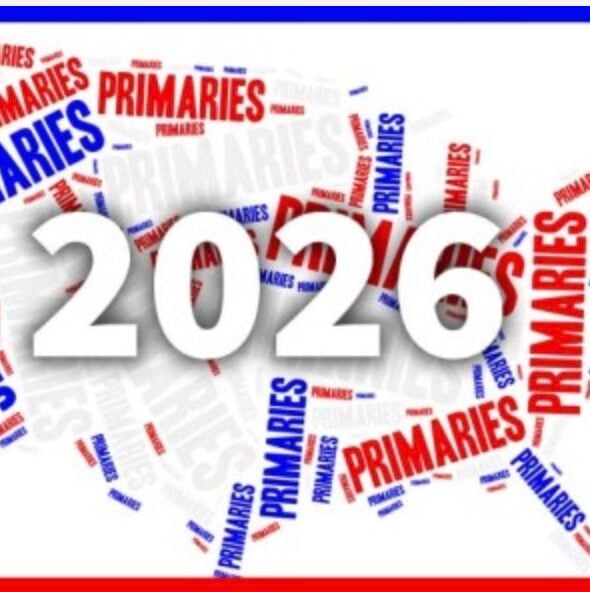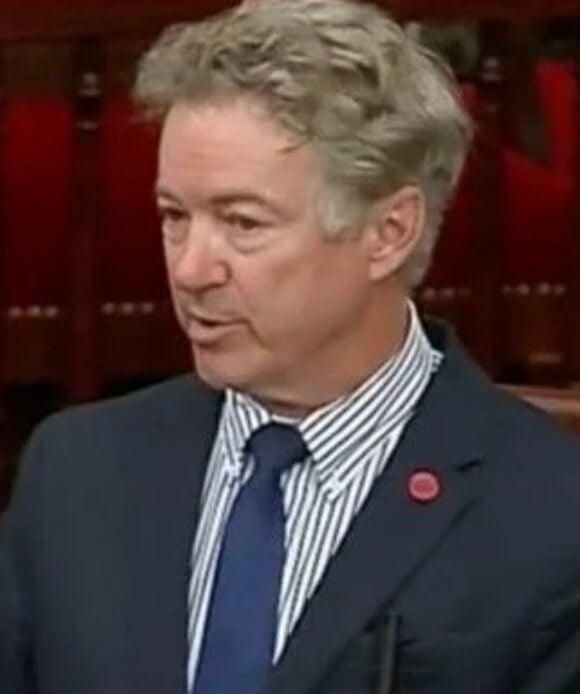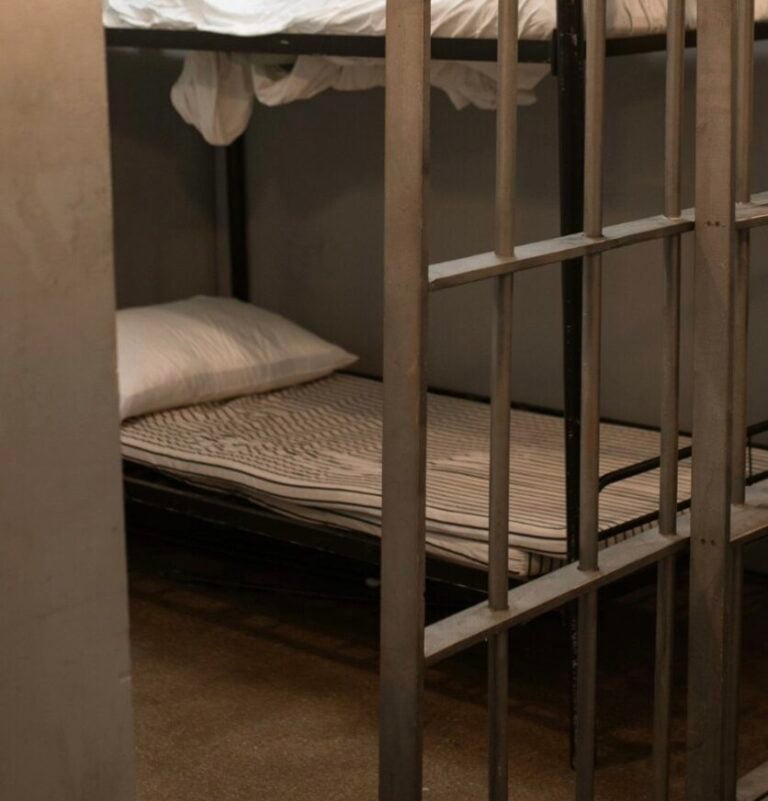WASHINGTON – The death last week of U.S. District Judge John Heyburn at age 66 represents a terrible loss, not only for his family and friends but the commonwealth as a whole. Heyburn assumed his highly coveted position in 1992 with some public apprehension owing to his close ties to the Republican Party, having unsuccessfully sought the position of Jefferson County judge-executive just a short time before his confirmation.
But the concerns proved unwarranted and Heyburn built a distinguished career on the bench, culminating last year in his decision striking down Kentucky’s prohibition against same-sex marriage. In that opinion, he wrote that the arguments asserted by the commonwealth to retain the ban “are not those of serious people.’’ Amen.

It can be said, therefore, that Heyburn was one of those people this state and nation desperately need – someone who rises to the occasion.
The loss of Heyburn creates what could be a fascinating political question – who will replace him? The burgeoning issue could once again pit two old warhorses who loathe each other in a compelling game of chess – President Obama and Senate Republican Leader Mitch McConnell, of Louisville.
Since assuming office in 1985, McConnell has consistently used the federal judiciary in Kentucky as his own, personal play-pretty. Before McConnell’s arrival his immediate predecessor, Walter “Dee’’ Huddleston, of Elizabethtown, had joined with then-Sen. Wendell Ford, of Owensboro, both Democrats, to form a non-partisan Judicial Nominating Commission to remove politics from the process and come up with the best candidates to fill open seats on the federal bench and make a recommendation to the president.
The system worked brilliantly. Two of the greatest judges in commonwealth history – Eugene Siler Jr., of Williamsburg, and William O. Bertelsman, of Newport – were elevated to the bench when Huddleston and Ford held office together. Both Siler and Bertelsman are Republicans.
Bertelsman offers a particularly interesting case. He was the lone Republican among three names recommended by Huddleston and Ford that were dispatched to then-President Jimmy Carter, also a Democrat, for his consideration in 1979. The others were Fayette Circuit Judge L.T. Grant and Covington attorney Dick Nelson, whose law office was only a few blocks from the old federal courthouse. Carter’s choice was Bertelsman, despite his political affiliation, and the commonwealth was well served.
Almost immediately upon assuming office, McConnell ditched the Judicial Nominating Commission, yet another example of his tendency to choose the political route over the national good. Ronald Reagan, a Republican, was president then and McConnell understood he could basically give a thumbs up or down to anyone under consideration for a federal judgeship in his home state.
In McConnell’s defense, most of the judges he led by hand into the courthouse proved capable. Heyburn, for one, was a member of McConnell’s “kitchen cabinet’’ in high standing when the GOP leader served as Jefferson County judge-executive and ran for the Senate.
McConnell and U.S. District Judge Karen Caldwell, of Stanford, dated regularly before he met and married Elaine Chou. Caldwell is now the chief judge for the U.S. District Court for the Eastern District of Kentucky. He also supported U.S. District Judge David Bunning, of Ft. Thomas, the son of former Republican Sen. Jim Bunning, who served alongside McConnell.
Not all of McConnell’s recommendations have been home runs. When Congress created a new seat on the U.S. Sixth Circuit Court of Appeals in Cincinnati in 1985, everyone and his brother assumed the post would go to Siler, a man many considered a potential U.S. Supreme Court justice.
Siler was passed over, however, because the Reagan administration had instituted a “litmus test’’ for all potential nominees to the federal bench. It required them to at least indicate they would overturn Roe v. Wade, the Supreme Court ruling establishing a constitutional right to abortion, if nominated and confirmed. Siler refused to play ball. The job instead, with McConnell’s cooperation, went to U.S. Sixth Circuit Court of Appeals Judge Danny Boggs, who has not distinguished himself.
So it can be surmised that Obama and McConnell have equal standing in arriving at Heyburn’s replacement. But think about it: Who has more at stake in filling an open seat on Kentucky’s federal bench, Mitch McConnell of Louisville or Barack Obama of Chicago by way of blue Hawaii?
Obviously, then McConnell will demand a say in picking Heyburn’s successor but he faces a rather obvious dilemma. Obama, a Democrat, alone has the power to nominate an individual to the federal bench. The president, it’s fair to say, is not partial to McConnell, given the Republican’s over-the-top efforts during the first six years of the administration to block his every initiative. If Obama chooses, he can tell McConnell to tell-it-to-the-hand if he wants to make a recommendation.
Now it’s also true that the Senate must confirm the president’s judicial nominations. So if Obama nominates a Democrat, it could be speculated, McConnell can make sure the submission never sees the upper chamber floor, resulting in a Mexican stand-off, the likes of which hasn’t been seen since “The Good, the Bad and the Ugly.’’
So it can be surmised that Obama and McConnell have equal standing in arriving at Heyburn’s replacement. But think about it: Who has more at stake in filling an open seat on Kentucky’s federal bench, Mitch McConnell of Louisville or Barack Obama of Chicago by way of blue Hawaii?
At this stage, with a little more than 19 months left in his administration, filling a judgeship in the commonwealth is the least of Obama’s concerns. He can nominate someone or simply leave the slot open until his successor assumes office and it will be all the same to him. In fact, he could let it lay if he’s convinced that inaction would vex McConnell, which it probably would.
In other words, Obama could just head for the golf course and leave the nomination papers lying on the Resolute desk.
As noted, McConnell likes to fiddle with federal judgeships. Failing to reach some accommodation with Obama could result in keeping Heyburn’s old seat vacant for two years or more, an extended period for a lawmaker striving to convince his constituents that he can get things done.
Also, there’s a distinct possibility that Obama will be followed in office by another Democrat. Unless you’ve spent the last few years riding Halley’s Comet you may have heard the name Hillary Clinton floating around. She’s no more likely to bend to McConnell’s whims than Obama.
So what’s a poor, respectable Senate Republican leader to do?
Well, there’s a deal to be made. With the administration running headlong toward a close, it’s no secret the GOP majority intends to slow walk any White House nomination it might receive. It took the chamber five months to confirm Loretta Lynch as attorney general and she replaces Eric Holder, who the Republicans absolutely despise.
So it’s fair to say the Senate Judiciary Committee, headed by that noted curmudgeon, Sen. Charles Grassley, R-Iowa, has not displayed any great interest in acting on pending Obama judicial nominees, a situation that certainly will extend at least to January 2017 when the next president takes the oath of office.
Currently, there are 55 vacancies within the federal judiciary, which consists of 874 judgeships. There are 17 nominations pending and three are ready for a floor vote.
It’s possible, given that Kentucky is rapidly becoming a Republican state, that Obama could offer McConnell a say in choosing Heyburn’s successor as long as he doesn’t pick a crazy, which is not outside the realm of possibility. In return, McConnell can vow to move ahead with a number of the 17 pending White House judicial nominations that might otherwise not get a vote, the number to be worked out by the two sides.
It’s a fair deal. The only open question is how eager is McConnell to fill the void, and how much say does he want to have.
Regardless, the game is afoot.
Washington correspondent Bill Straub served 11 years as the Frankfort Bureau chief for The Kentucky Post. He also is the former White House/political correspondent for Scripps Howard News Service. He currently resides in Silver Spring, Maryland, and writes frequently about the federal government and politics. Email him at williamgstraub@gmail.com.






















